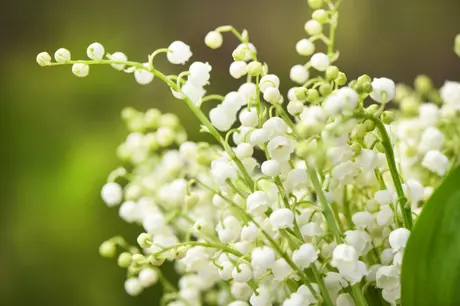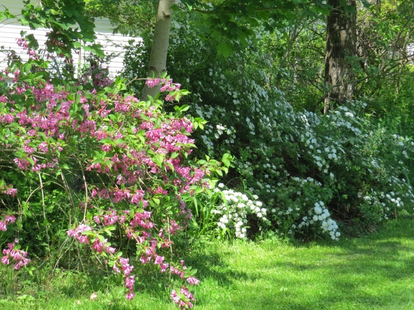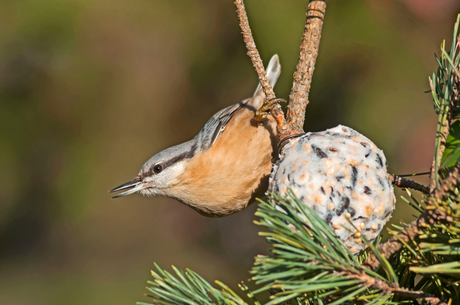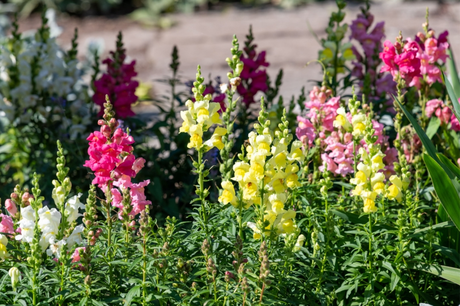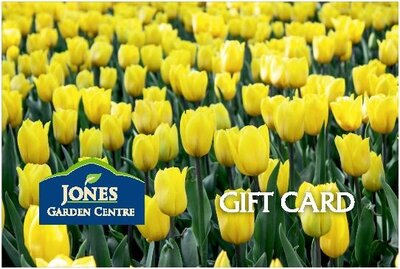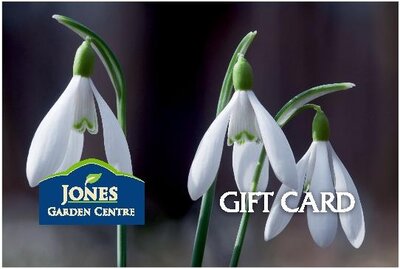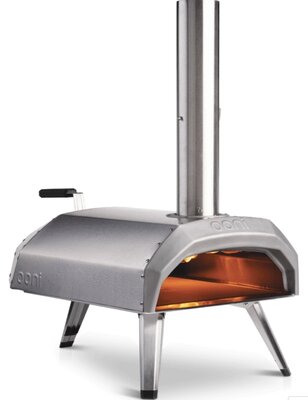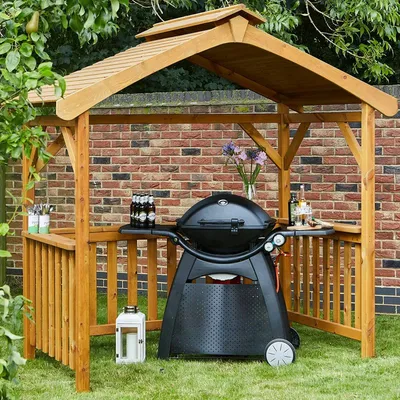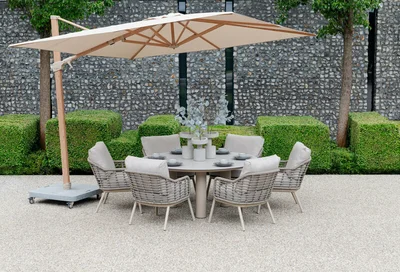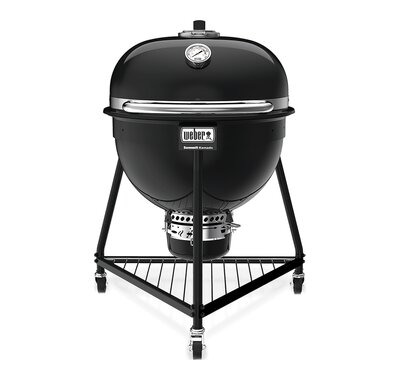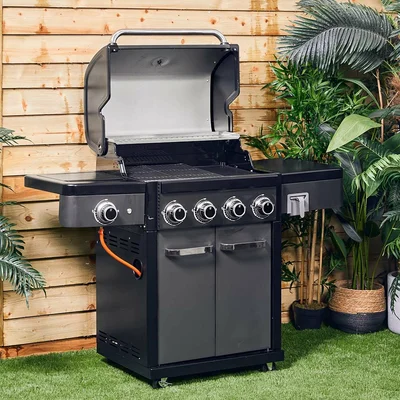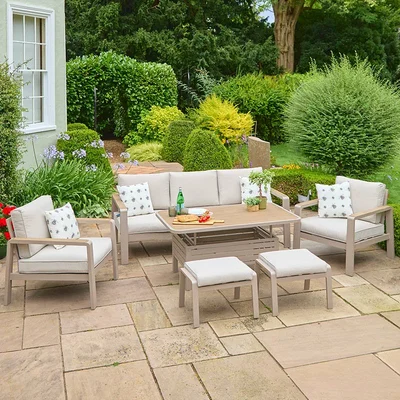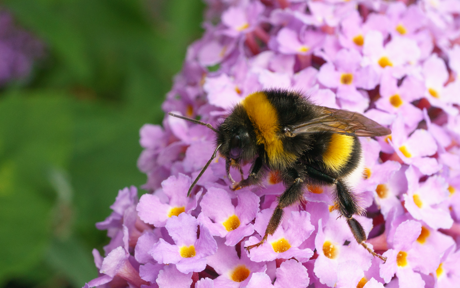
The decline of pollinators such as bumble bees is a topic that can't be ignored. While there are plenty of articles on the topic, not enough people know what they can do to support these much-loved pollinators. There are so many ways you can help support the bumble bees and other pollinators in your local area — and it doesn't involve buying expensive gardening kits or exotic plants. Here are some simple ways you can all support the bumble bees:
1. Plant native flowers
A lot of exotic plants grown for garden and floral decoration aren't native to the UK. This means they don't support our wild pollinators since they don't have the right flowers to help them. Native plants, however, have flowers that support the pollinators that are native to the UK. Native plants are also often more robust and grow more sustainably in our climate than some more exotic plants, so they're much better for the environment too.
- Bumble bees love wildflowers that bloom in spring and summer, such as primroses, poppies, chives and wild garlic.
- Also, add some later flowering plants such as heathers and goldenrods.
- They also really enjoy the nectar of dandelions, so if you have a lawn, you could create a patch of dandelions and make it more friendly for bumble bees.
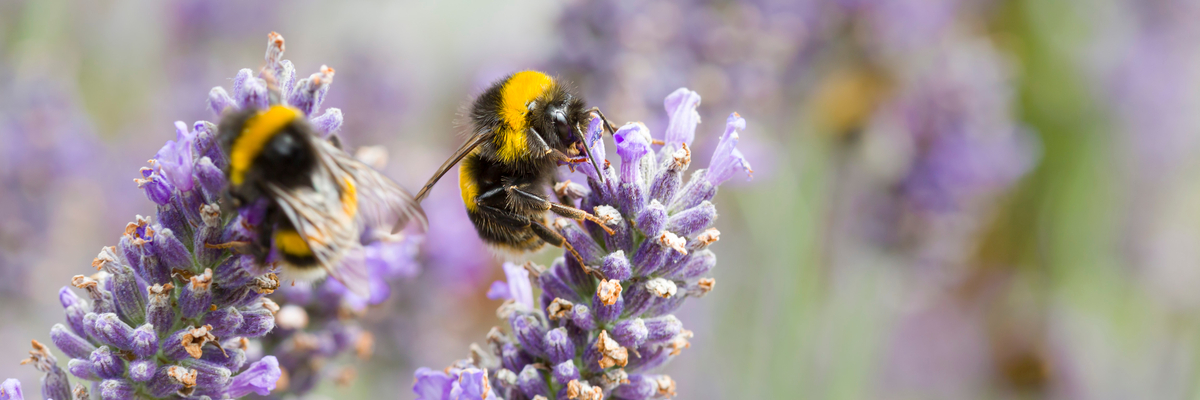
2. Be careful where you use pesticides
There have been concerns about the use of pesticides on farms for many years, not only because they can be harmful to the environment but also because they can affect pollinators such as bees. It's important to remember that many of our food crops are pollinated by bees and that the demise of our pollinators has been called "one of the world's most pressing environmental problems". Reduce your use of chemical pesticides and choose natural ways. Bees really need our help at the moment, so try to avoid using pesticide sprays too.
3. Let some areas of your garden go wild
Bedrocks such as nettles, docks, and thistles are bumble bees' favourite plants. So why not let some areas of your garden grow wild and unkempt? This can help create areas of incredible biodiversity and provide nectar for pollinators. If you have a large garden, you could even create a meadow, providing all sorts of different habitats for pollinators, birds, and insects. It's also essential to leave big clumps of perennial flowers such as poppies and cornflowers. You don't have to keep your garden pristine, and it doesn't have to look manicured at all times. Bees are just as crucial in an unkempt garden as they are in a smoothly manicured one, so don't feel you have to be trimming and tidying up constantly.
4. Don't mow when the grass is flowering
If you regularly mow your lawn when it's in flower, you're likely to be cutting down a large number of pollinators. You may want a perfectly manicured lawn, but it's better to let your property be a bit wild and allow some flowers to grow and flourish. If you have an area of your lawn that you want to keep trim, try not to mow it when the flowers are out. If you can leave some areas of your lawn unkempt, it will provide a safe and happy habitat for bees and other pollinators too. If you have a grassy area that's not in use, such as a vegetable patch or lawn, let it grow wild and plant some flowers. This can help bring some life into an otherwise slightly boring space.
5. Be aware of what's around you and enjoy it!
When you're out and about and you see bees and other pollinators, try to appreciate and admire them. Not only can this help you understand more about them, but it can also enable you to appreciate the beauty of these creatures and the work they do better. It's easy enough to do this when you're in the garden, but keep an eye out for these pollinators in other areas too. If you see a bee or other pollinator, try to observe it and appreciate it as much as possible. If you're aware of what's around you, you will likely enjoy it much more.
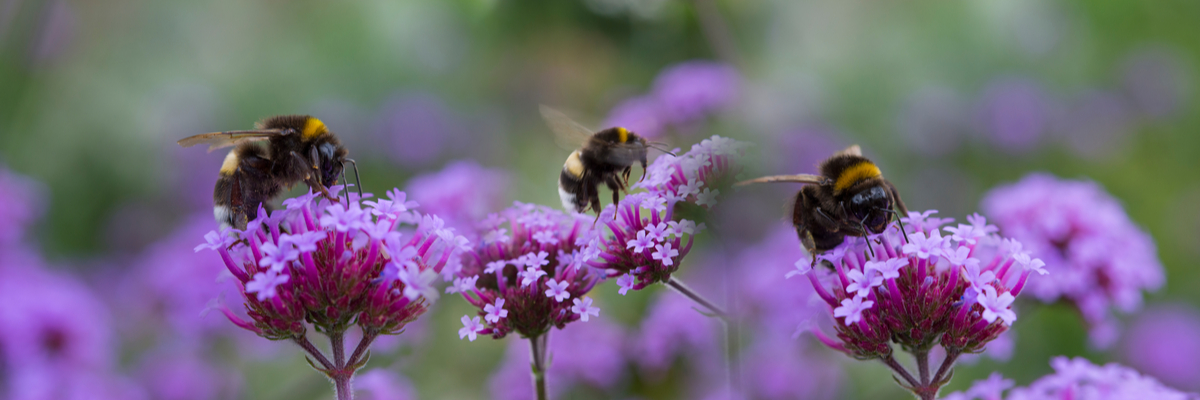
Support the bumble bees in your area
Our garden centre in Co. Dublin offers a wide selection of bee-friendly plants. Please visit us and discover our fantastic range of pollinator-friendly flowers.

